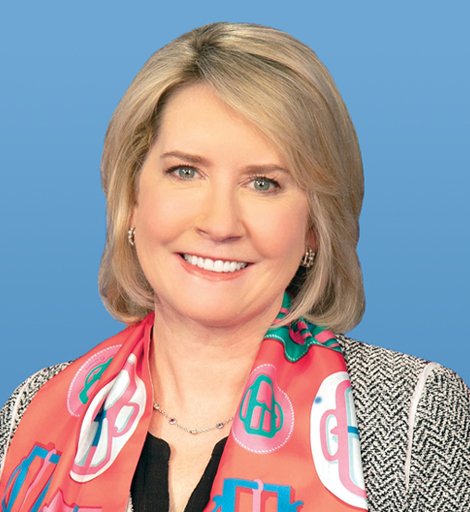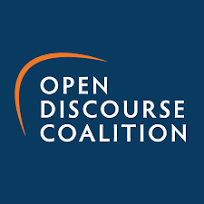An Alumni Interview:
On Campus with Victoria Coates
When: Thursday, April 25th from 6-7pm ET
Where: The Forum on the second floor of the Perelman Center for Political Science and Economics on the Penn campus
Who: For any Penn students, faculty, alumni, and administrators who want to join the conversation
Zoom: If you can’t make it in-person, you will receive a Zoom link to watch live!
Why participate?
Learn more about the new University of Pennsylvania Alumni Free Speech Alliance
Meet other Penn students, faculty, alumni, and stakeholders who care about promoting free speech at Penn
Meet and ask questions of Penn alum who is a former National Security Advisor to the President
Listen to an in-depth conversation contemporary national security issues ranging from Russia to the CCP to the conflict in the Middle East
Discuss the state of freedom of speech at Penn and how Penn community members can bring the issue to the forefront and promote these principles at Penn
About Victoria Coates
A University of Pennsylvania alum and former deputy national security advisor to President Donald Trump, Victoria Coates is Vice President of the Kathryn and Shelby Cullom Davis Institute for National Security and Foreign Policy at The Heritage Foundation. With decades of experience as a national security advisor in Congress, federal agencies, and the White House, Coates leads the Davis Institute in designing and promoting policies that prioritize the security of American citizens while protecting our interests around the world.
In 2007, Coates left academia to become the director of research in former Secretary of Defense Donald Rumsfeld’s personal office. Coates then joined then-Governor Rick Perry’s primary campaign for president as senior advisor. In 2013, Coates became senior national security advisor for U.S. Senator Ted Cruz (R-TX). In the Senate, Coates oversaw planning, strategy, and communications for Cruz’s participation in writing the annual National Defense Authorization Act (NDAA).
When President Donald Trump was elected in 2016, Coates joined his transition team for the National Security Council staff, eventually becoming special assistant to the president and senior director for strategic communications. Coates assisted in establishing the NSC communication strategy, coordinated NSC policy related to the Middle East Peace Process, and supported the development of the December 2017 National Security Strategy. In 2019, Coates was promoted to Deputy Assistant to the President and Deputy National Security Advisor for the Middle East and North Africa, overseeing the Maximum Pressure Campaign against Iran and initiating the negotiations for the Abraham Accords.
In early 2020, Coates transferred to the Department of Energy to advise Secretary Dan Brouillette on national security issues and act as his personal representative in the Middle East and North Africa. At the conclusion of the Trump administration, Coates became the director of middle eastern programs at the Center for Security Policy, then a distinguished fellow at the American Foreign Policy Council.
Coates holds a bachelor's degree from Trinity College, a master's degree from Williams College and a PhD from the University of Pennsylvania, all in art history.
Thanks
Special thanks to those who have helped make this possible including the Open Discourse Coalition at Bucknell University and Econ Professor Jesús Fernández-Villaverde!
About Penn AFSA
The University of Pennsylvania Alumni Free Speech Alliance is a platform for Penn alumni to promote the principles of free speech at our alma mater, model what respectful debate and dialog is like for students, and provide support for all Penn stakeholders who are seeking to promote a vibrant marketplace of ideas at one of the world’s most important academic institutions. Events like this one are meant to raise awareness of the importance of free speech, provide perspectives that may not normally be presented on campus, and show that healthy debate and discourse is still possible in today’s world.



